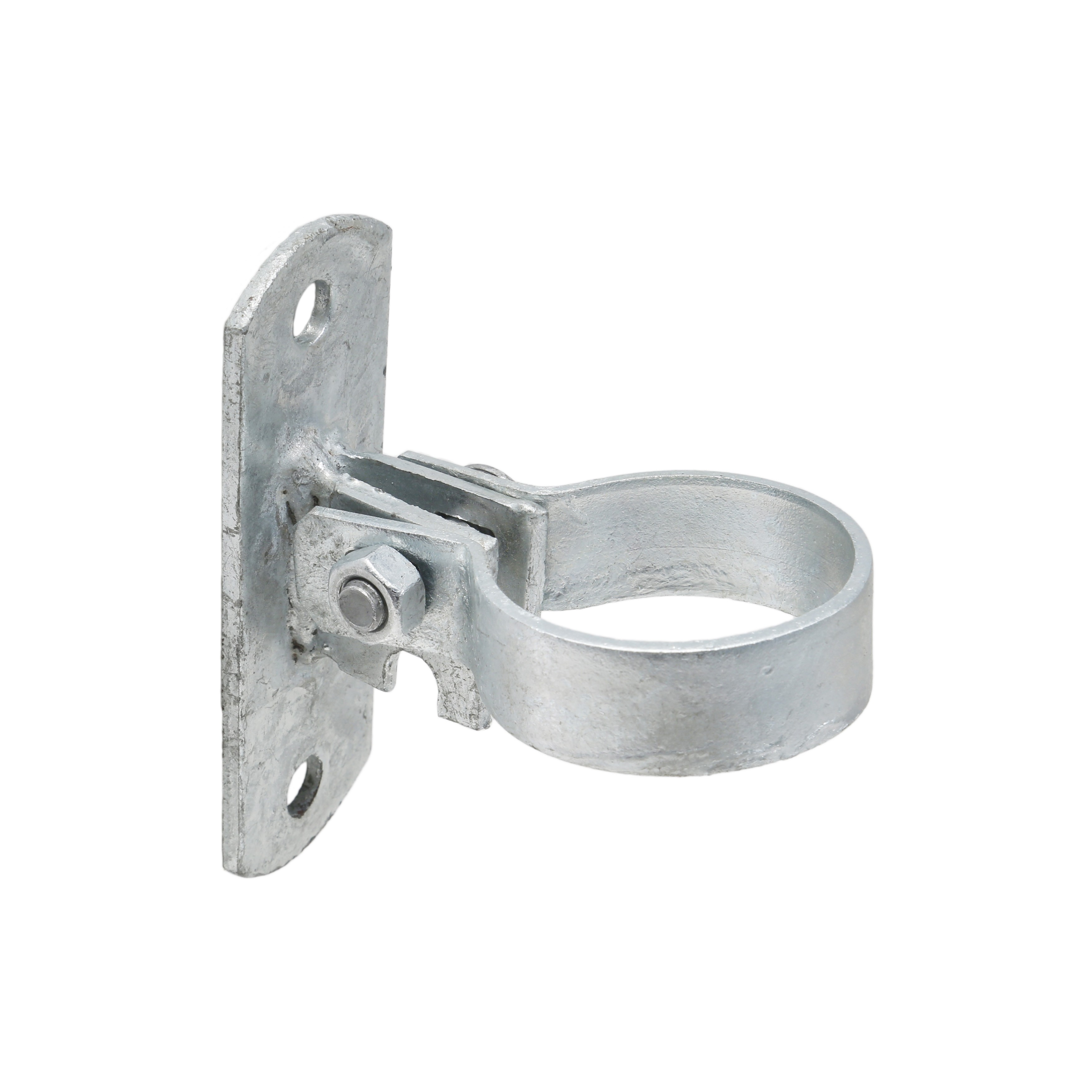In today's digital age, links play a crucial role in shaping the online presence of businesses and websites. They are not just simple connectors between web pages; they are powerful tools that influence search engine rankings, improve user experience, and drive traffic. If you're looking to enhance your website's visibility and authority, understanding the concept of links is essential.
From internal linking to external linking, every type of link contributes to how search engines perceive your website. By strategically implementing links, you can boost your website's SEO performance and increase its chances of ranking higher on search engine results pages (SERPs). In this article, we will delve into the importance of links, their types, and how they impact your digital marketing efforts.
Whether you're a beginner or an experienced digital marketer, this guide will provide you with actionable insights and expert advice on how to leverage links effectively. Let's explore the world of links and discover how they can transform your online presence.
Read also:7movierulz 2025 The Ultimate Guide To Understanding Its Impact And Legality
Table of Contents
- Introduction to Links
- Types of Links
- Impact of Links on SEO
- The Power of Internal Linking
- The Role of External Linking
- Building High-Quality Backlinks
- Optimizing Link Structure
- Best Practices for Linking
- Tools for Analyzing Links
- Conclusion
Introduction to Links
Links are the backbone of the internet, connecting billions of web pages and making navigation seamless for users. A link, also known as a hyperlink, is a clickable reference to another document or resource on the web. It can be in the form of text, images, or buttons and is typically highlighted or underlined to distinguish it from regular content.
There are two primary types of links: internal and external. Internal links connect different pages within the same website, while external links direct users to external resources. Both types of links serve unique purposes and contribute to the overall performance of a website.
Search engines like Google use links to crawl and index web pages. They evaluate the quality and quantity of links pointing to a website to determine its relevance and authority. Therefore, optimizing your website's linking strategy is crucial for achieving better search engine rankings.
Types of Links
Internal Links
Internal links connect different pages within the same website. They help users navigate through the site and discover related content. Additionally, internal links distribute page authority and improve the crawlability of your website by search engine bots.
External Links
External links point to resources outside your website. They are valuable for providing additional information and credibility to your content. However, it's important to link to authoritative and trustworthy sources to avoid negatively impacting your website's reputation.
Backlinks
Backlinks, also known as inbound links, are links from other websites pointing to your site. They are considered one of the most important ranking factors by search engines. High-quality backlinks from reputable websites can significantly boost your website's authority and visibility.
Read also:Ian Somerhalder Dead Debunking The Rumors And Exploring The Truth
Impact of Links on SEO
Search engine optimization (SEO) relies heavily on the effective use of links. Links influence various SEO factors, including domain authority, page authority, and keyword rankings. When search engines evaluate a website, they analyze the quality and relevance of its links to determine its position in search results.
Links also play a crucial role in content discovery. By strategically placing internal links within your content, you can guide users to explore more pages on your website, increasing dwell time and reducing bounce rates. Furthermore, external links and backlinks contribute to the trustworthiness and credibility of your site, which are essential for YMYL (Your Money or Your Life) topics.
According to a study by Ahrefs, websites with a higher number of backlinks tend to rank better in search engine results. This highlights the importance of link building as a core component of any successful SEO strategy.
The Power of Internal Linking
Internal linking is a powerful technique that enhances user experience and improves SEO performance. By interconnecting your website's pages, you create a web of content that is easy to navigate and discover. Here are some benefits of internal linking:
- Improves website structure and organization
- Increases pageviews and time spent on the site
- Helps search engines discover new content
- Redistributes link equity to important pages
When implementing internal links, ensure they are contextually relevant and provide value to users. Avoid over-linking, as it can confuse users and dilute the focus of your content.
The Role of External Linking
External linking is the practice of linking to external websites or resources. While it may seem counterintuitive to direct users away from your site, external links can enhance the credibility and trustworthiness of your content. Here's how external linking benefits your website:
- Demonstrates expertise and authority by referencing reputable sources
- Encourages reciprocal linking from other websites
- Improves user satisfaction by providing additional information
However, it's important to link to authoritative and relevant sources. Avoid linking to low-quality or spammy websites, as it can negatively impact your website's reputation and SEO performance.
Building High-Quality Backlinks
Backlinks are one of the most valuable assets in SEO. They act as votes of confidence from other websites, signaling to search engines that your content is trustworthy and authoritative. Here are some strategies for building high-quality backlinks:
- Create high-quality, shareable content that naturally attracts links
- Engage in guest blogging on reputable websites
- Collaborate with influencers and industry experts
- Participate in link reclamation by identifying broken links and offering your content as a replacement
It's important to focus on quality over quantity when building backlinks. A few high-quality backlinks from authoritative websites can have a greater impact than numerous low-quality links.
Optimizing Link Structure
Optimizing your website's link structure is essential for improving user experience and SEO performance. A well-structured linking system ensures that users and search engines can easily navigate through your site. Here are some tips for optimizing your link structure:
- Use descriptive anchor text that accurately describes the linked content
- Limit the number of links per page to avoid overwhelming users
- Organize links in a logical hierarchy, with important pages easily accessible
- Regularly audit your website's links to identify and fix broken links
By optimizing your link structure, you can improve the usability of your website and enhance its search engine rankings.
Best Practices for Linking
To maximize the effectiveness of your linking strategy, follow these best practices:
- Use relevant and descriptive anchor text to improve click-through rates
- Avoid using "click here" or generic phrases as anchor text
- Regularly update your content to ensure all links remain active and relevant
- Monitor your website's backlink profile to identify toxic or low-quality links
Implementing these best practices will help you build a robust linking strategy that supports your SEO goals and enhances user experience.
Tools for Analyzing Links
Several tools are available to help you analyze and monitor your website's links. These tools provide valuable insights into your link profile and identify areas for improvement. Some popular link analysis tools include:
- Ahrefs: Offers comprehensive backlink analysis and competitor research
- Moz: Provides link metrics and SEO recommendations
- SEMrush: Analyzes backlinks and offers competitive intelligence
Using these tools, you can gain a deeper understanding of your website's link profile and make data-driven decisions to improve your SEO performance.
Conclusion
Links are a fundamental aspect of digital marketing and play a critical role in SEO success. By understanding the different types of links and their impact on search engine rankings, you can develop a robust linking strategy that enhances your website's visibility and authority.
Remember to focus on quality over quantity when building links. Internal linking improves navigation and distributes link equity, while external linking and backlinks enhance credibility and trustworthiness. By following best practices and leveraging tools for link analysis, you can optimize your website's linking structure and achieve better search engine rankings.
We invite you to share your thoughts and experiences with linking strategies in the comments below. Additionally, feel free to explore our other articles for more insights into digital marketing and SEO. Together, let's build a stronger online presence!

